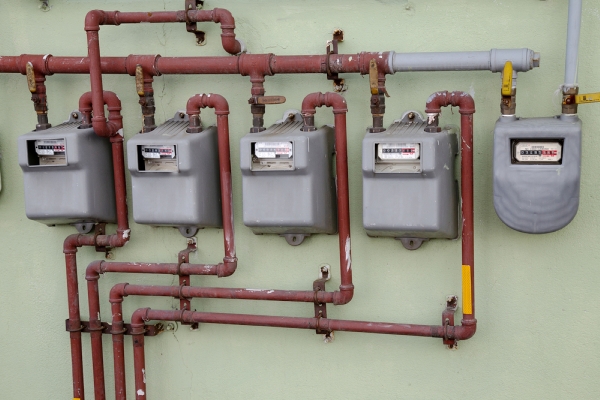
In January 2023, heating bills soared so high that all media outlets mentioned the issue of heating bills. According to the Korea Gas Corporation (KOGAS), the price of residential natural gas increased from 15.5 KRW per 1 MJ of natural gas in January 2016 to 18.4 KRW in January 2023. Also, the price of industrial natural gas increased significantly from 14.1 KRW in January 2016 to 31.3 KRW in January 2023. Originally, industrial natural gas prices were cheaper than residential natural gas, but as industrial gas prices have risen since the second half of 2020, they have continued to be more expensive than residential natural gas since March 2021. On the other hand, residential natural gas remained at 12.9 KRW from July 2020 to March 2022, but prices have risen since April 2022, leading to the heating bill crisis.
With the price of international natural gas rising from 2021, KOGAS requested the government to raise the cost of raw materials because it will continue to lose money if it does not raise the cost of residential natural gas. However, it was difficult for the government to decide on an increase due to the burden on the middle class when the economy was shrinking due to COVID-19. After such a long period of maintaining residential gas bills, they were forced to raise them.
The fundamental cause of this increase in heating bills can be traced back to Russia's invasion of Ukraine. This is because the price of international natural gas soared as the war between Russia and Ukraine began. This is why Korea, which imports international natural gas, will be hit hard by gas prices. Since Korea buys most of its energy from abroad, it is likely to be exposed to great risks regarding energy. According to the Korea Energy Statistical Information System (KESIS), the largest portion of Korea's energy as of October 2022 was 40.4% crude oil, 17% LNG, 22.1% bituminous coal, and 13.9% nuclear power. However, all this energy is imported from abroad. 93.9% of the energy is imported from abroad. Comparing European countries with Korea, Korea’s dependence on energy imports is overwhelming. Eurostat’s 2021 data shows that 27 EU member countries rely only 55.6% on energy imports, but Korea accounts for 92.3%. If there is an international energy problem, Korea, which is highly dependent on energy imports, it will damage the Korean people due to rising gas prices.
To solve the energy problem, we need to reduce our dependence on energy imports. Looking at Europe's case for overcoming the energy crisis, as the price of natural gas rose due to the Russia-Ukraine war, Europe prioritized securing other energy supply chains to replace Russia. First, measures were taken to increase imports of U.S. LNG. Next, Europe is increasing natural gas development and investment in Africa to secure a more stable and sustainable supply chain. In addition to natural gas, it plans to expand cooperation with Africa in renewable energy and hydrogen.
65.3% of Korea’s crude oil imported and used in October 2023 is from Middle Eastern countries, of which 34.1% is from Saudi Arabia. Enriched uranium used for nuclear power imports 33.8% from Russia only. Korea has already experienced the confusion that occurred when there was a problem with the supply chain. Korea relies on China for 97% of urea solution imports. When China suspended the export of urea solution it led to problems in using large vehicles used in industrial sites. If problems such as the urea solution arise in the energy supply chain, problems beyond the chaos at that time may arise. Therefore, experts also mentioned the need to secure a variety of supply chains to prevent a supply chain crisis.
In addition, European governments aimed to reduce energy waste along with supply chain stability. Countries such as Germany, Spain, and France have limited heating temperatures to 19 degrees Celsius in winter. Korea has low energy efficiency. According to the American Council for an Energy-Efficient Economy (ACEE), Korea's energy efficiency in 2022 was 53 points out of 100. Considering that most other European countries have scored more than 60 points, Korea's energy efficiency is low.
Lee Ho Geun, a business professor at Yonsei University, advised, “It is time for energy democracy, a new system in which ordinary citizens actively participate in the energy ecosystem, moving away from the existing energy system.”


